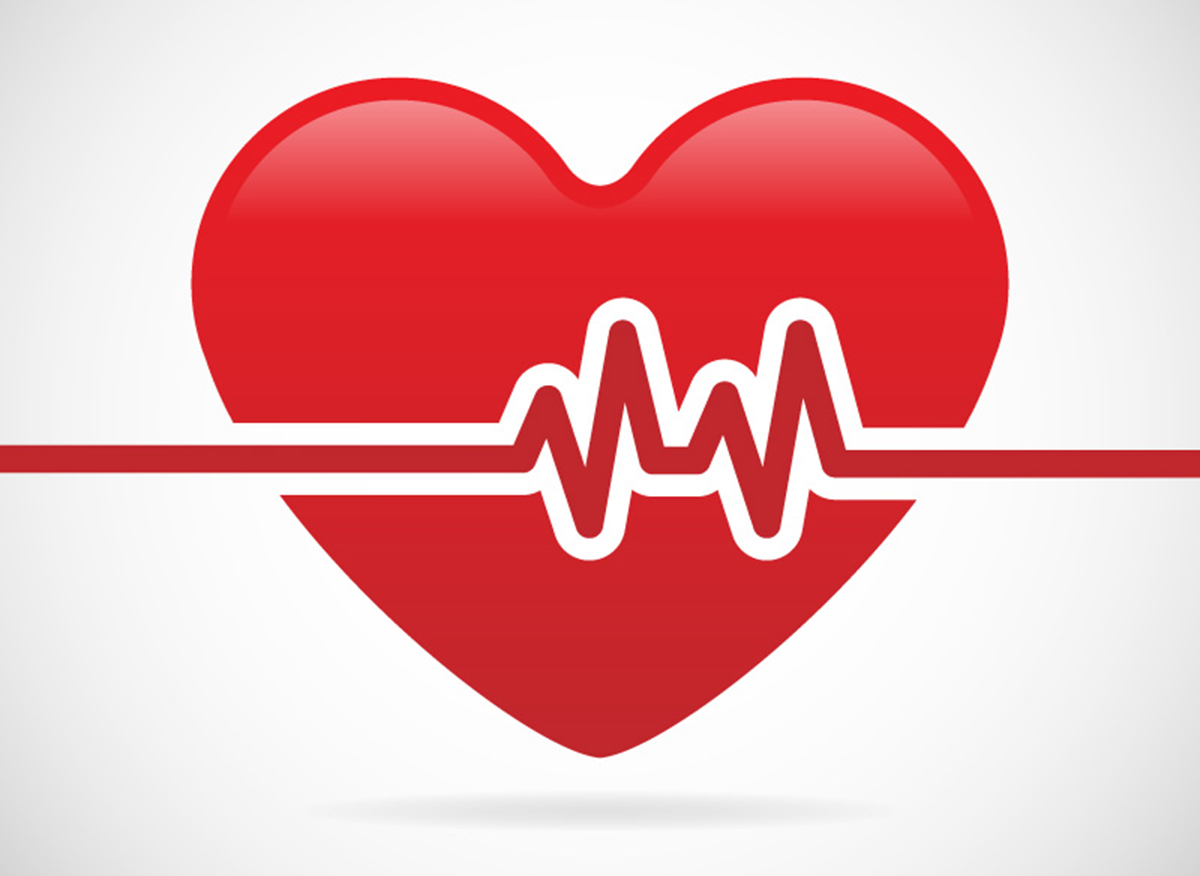Table of Contents
A cardiologist will consult with their hospital patients on a daily basis, including those who are admitted in the cardiac ICUs. The patients in the latter unit may be seen up to 2-3 times a day depending on their health status. Cardiology patients need aggressive treatment and they may need emergency management as they could have a recurrent heart attack. The office of a cardiologist is based in the hospital so that they can get to their patients as soon as possible.

Cardiologists have to provide emergency services for the hospital they work at and have to be on call after hours and on weekends. Depending on how many cardiologists are working at the hospital, they may have to be on call 2-3 times per week. The emergency cases cardiologists have to deal with include sudden myocardial infarctions or acute coronary syndromes.
Monday
Non-clinical aspects such as confirming meetings and dealing with financial issues of the practice are dealt with on Monday mornings. The cardiologist will then start to consult with patients that have been referred to them. These patients will be treated conservatively with medication, sent for further investigations or admitted to the hospital for further management.
Tuesday
The cardiologist will consult with patients on a Tuesday morning and continue to manage them accordingly.
In the afternoon, the cardiologist will receive heart sonars (echocardiograms) and ECGs from medical technologists that performed these procedures on patients. The duty of the cardiologist will then be to examine and interpret these tests and give their opinion on any possible abnormalities. The patients will then be contacted regarding these results and managed appropriately or the reports will be sent back to referring physicians who ordered the tests.
Wednesday
A cardiologist can perform certain surgical procedures and these include angiograms, where patients have catheters inserted in them which are placed through the coronary arteries in order to stent any obstructed vessels, and inserting pacemakers for patients with severe or symptomatic heart blocks.
The angiograms are done in the catheter lab, which is a specific theatre equipped to perform this procedure, and the pacemaker procedure is done in a normal operating theatre.
READ Questions To Ask Yourself When Wanting To Study Medicine
Thursday
In the morning the cardiologist will continue to consult and manage elective patients. The afternoon will be used for offering training to undergraduate medical students and postgraduate clinical assistants, or for filling in of chronic prescriptions, motivation letters and doing research for the cardiologists own continued professional development.
Friday
Friday is used for consulting and managing patients in the morning, and the early afternoon for sorting out any unfinished administrative issues. Once all the patients have been seen and all the office's tasks have been concluded then so can the work week.
The cardiologist working over the weekend will be responsible for the medical care of their patients and patients who have been discussed by their colleagues.
- en.wikipedia.org/wiki/Cardiology
- Photo courtesy of
- Photo courtesy of
- Photo courtesy of


Your thoughts on this